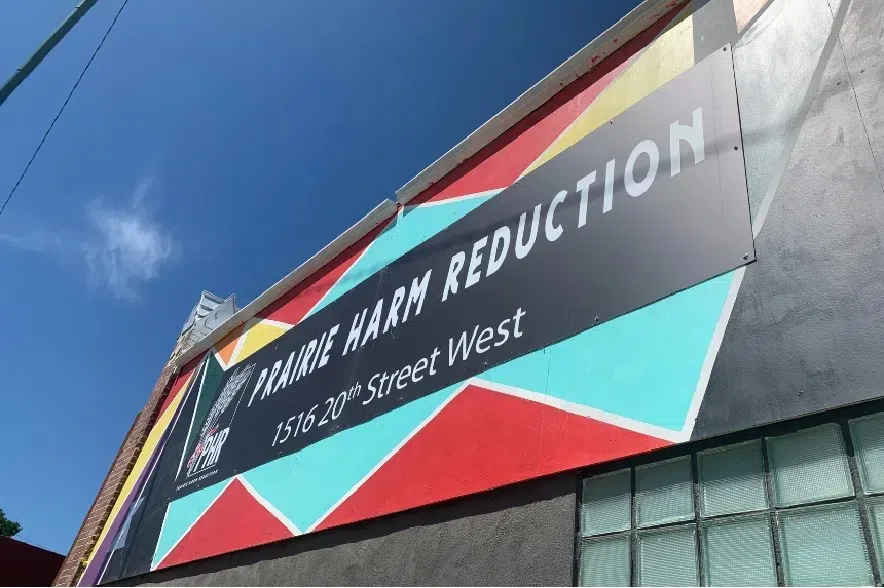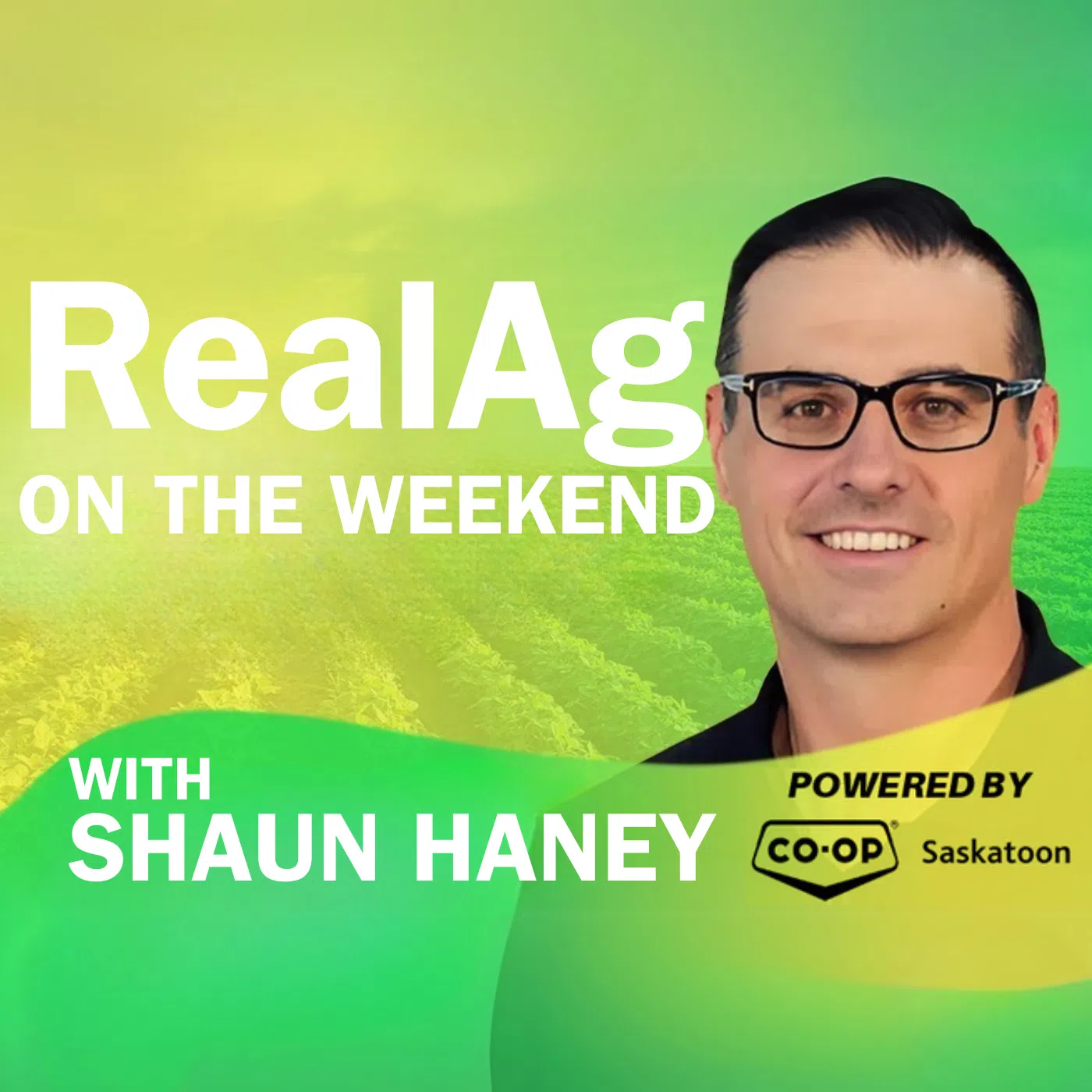Saskatoon safe consumption site Prairie Harm Reduction is warning people of a potentially “bad” batch of drugs in the city.
The non-profit organization noticed a spike in suspected overdoses near the end of last week.
Read more:
- Two 17-year-olds arrested in separate dangerous weapons incidents
- Three dead after pair of crashes on Highway 7: RCMP
- Guns, chemicals seized after illegal border crossing investigation: RCMP
“It started about Thursday morning (when) we had a few overdoses,” said Miranda Deck, engagement manager with Prairie Harm Reduction.
“Then Friday morning there was a few more, and I think it was close to 10 in total.”
According to Prairie Harm Reduction none of the suspected overdoses were fatal.
The organization also posted a warning on Facebook on Saturday.
Deck said the cluster was the first overdoses Prairie Harm Reduction had seen in 2025.
“Prior to Thursday they had gone about three weeks without having an overdose,” said Deck, adding that Prairie Harm Reduction was hoping get more information soon.
“It wasn’t one set thing — they were trying to see if we could get a sample to test on our spectrometer, so we could let people know a bit more of a breakdown.”
Saskatoon Police Service said on Monday it was not aware of any new illicit drug circulating in the city.
Deck said it’s important that people who are going to use drugs test them first by “either coming in and using the spectrometer at the drop-in (centre), or using the home test strips”.
People should also make sure they are not using drugs alone and that always have Naloxone on hand, Deck said. Naloxone is used to treat opioid overdoses.
The Saskatchewan government provides free Naloxone kits and training on how to administer it to anyone at risk of an opioid overdose, as well as to anyone who might witness an overdose. The training also covers overdose prevention, how to recognize an overdose and how to respond to an overdose.
A list of places where the free kits are available can be found here. Emergency departments across the province also carry the kits, and they can be purchased at some pharmacies as well.
Wâhkôhtowin Harm Reduction was also recognized as a safe consumption site in Regina. It was previously used as an urgent need overdose prevention site.
Supreme Court hearing Sask. Good Samaritan case
Harm reduction advocates say a case before Canada’s high court will test the current Good Samaritan law that protects people from arrest after they call 911 asking for help for someone who has overdosed.
The Supreme Court of Canada hearing on Tuesday will hear arguments on the powers of police to arrest people at the scene of a drug overdose, and whether a 2017 law, known as the Good Samaritan Drug Overdose Act, is clear about those powers.
Lawyer DJ Larkin, executive director of the Canadian Drug Policy Coalition, says the case stems from the arrest of Paul Wilson in Saskatchewan, who was charged after he was with a group of people when one of them overdosed on fentanyl in 2020.
Larkin says Wilson and others with him “did the right thing” by calling for medical help, likely saving the person’s life, but police found evidence of drug possession and arrested him, then a subsequent search led to other charges for firearms and false identification offences.
Larkin says the Good Samaritan law is supposed to immunize people from arrest for calling for help for those experiencing an overdose, and a coalition of drug policy groups is intervening in the case to provide the court with a “path” to clarify the law’s public health purpose.
The groups, including the Harm Reduction Nurses Association and the Association of Addiction Workers of Quebec, say the high court’s decision in the case will have national ramifications for people who call 911 for overdoses and whether they’re safe from arrest if they remain at the scene.
— with files from 650 CKOM News and Canadian Press
Read more:
- Two 17-year-olds arrested in separate dangerous weapons incidents
- Three dead after pair of crashes on Highway 7: RCMP
- Guns, chemicals seized after illegal border crossing investigation: RCMP











